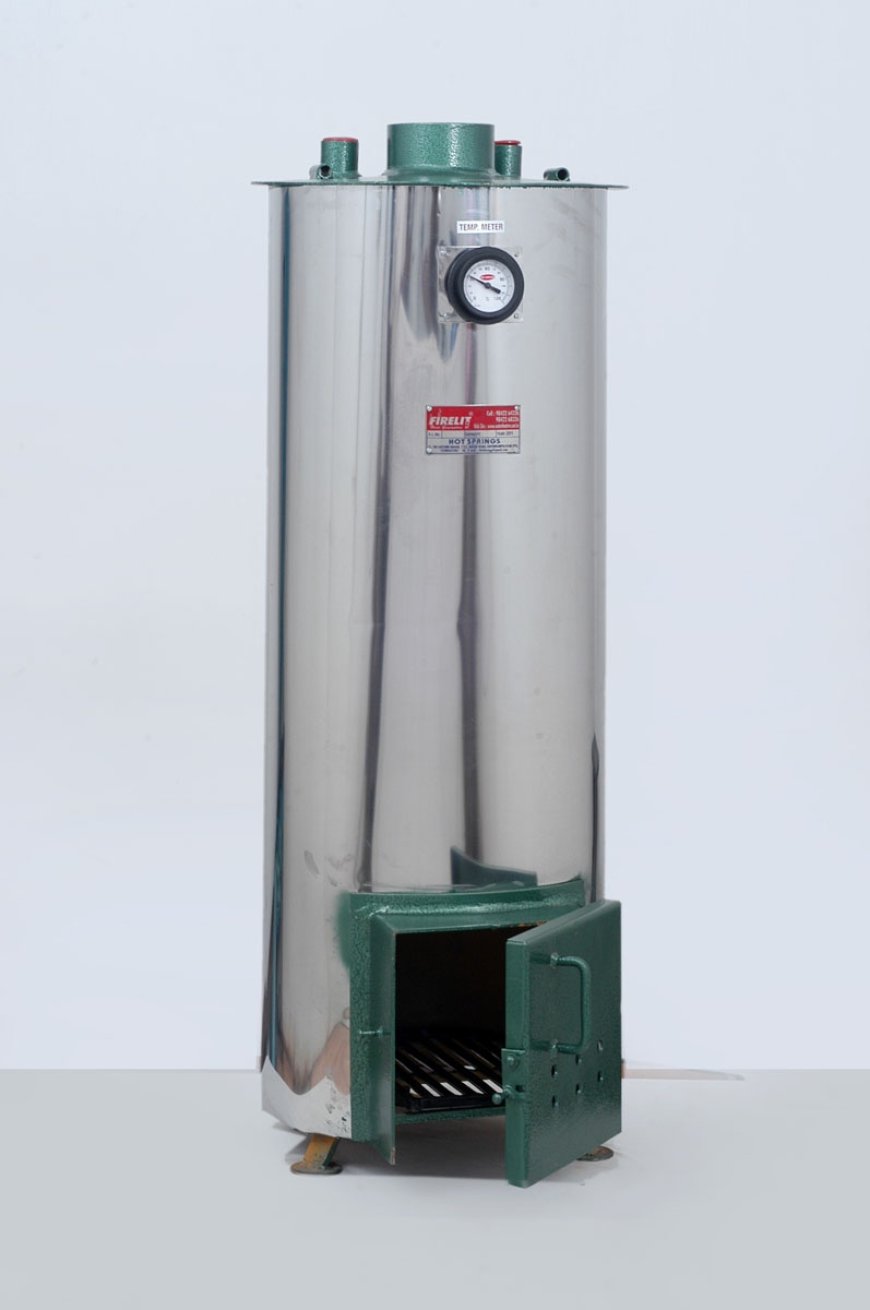Common Issues with Hot Water Boilers and How to Fix Them
Hot water boilers are essential components in many residential, commercial, and industrial heating systems. They provide a reliable and efficient way to heat water, which is then circulated through radiators, underfloor heating systems, or used for domestic hot water. Understanding how hot water boilers work, their types, benefits, and maintenance can help you make an informed decision for your heating needs.

Hot water boilers have been a staple in heating systems for centuries. Their development has been driven by the need for efficient, reliable heating solutions. Early versions of hot water boilers date back to the Roman era, where hypocaust systems used heated air and water to warm bathhouses and homes. Over time, the technology has evolved significantly, leading to the modern hot water boilers we rely on today.
How Modern Hot Water Boilers Work
Modern hot water boilers operate on a relatively simple principle. A fuel source-commonly natural gas, oil, or electricity—heats water within the boiler. This heated water is then circulated through a system of pipes to radiators, baseboard heaters, or underfloor heating systems, providing consistent and efficient warmth.
The key components of a modern hot water boiler include the burner, heat exchanger, and control system. The burner ignites the fuel, creating heat that is transferred to the water via the heat exchanger. The control system regulates the temperature and ensures safe operation, maintaining the desired temperature throughout the building.
Types of Modern Hot Water Boilers
Today's hot water boilers come in several types, each designed to meet specific needs and preferences.
1. Combi Boilers:
Combi (combination) boilers are a popular choice for their efficiency and space-saving design. They provide both hot water and heating from a single unit, making them ideal for smaller homes. Combi boilers heat water on demand, eliminating the need for a separate hot water storage tank.
2. System Boilers:
System boilers are suited for homes with higher hot water demand. They work with a hot water cylinder but do not require a cold water tank, making them more efficient and easier to install. System boilers are ideal for homes with multiple bathrooms, ensuring a consistent supply of hot water to all outlets.
3. Conventional Boilers:
Also known as regular or traditional boilers, conventional boilers are best for homes with an existing heating system that includes a separate hot water cylinder and cold water tank. They are particularly effective in properties with high hot water demand and multiple radiators.
Benefits of Upgrading to Modern Hot Water Boilers
Upgrading to a modern hot water boiler can provide numerous benefits, enhancing both comfort and efficiency.
1. Increased Efficiency:
Modern hot water boilers are designed to be highly efficient, converting a greater proportion of fuel into heat. This results in lower energy bills and a reduced environmental footprint.
2. Enhanced Reliability:
With advancements in technology, modern hot water boilers are more reliable than ever. They are built to operate smoothly and require less frequent maintenance, providing consistent heat and hot water when you need it.
3. Improved Comfort:
Modern boilers offer superior heat distribution, ensuring that every room in your home remains comfortably warm. They also provide hot water on demand, eliminating the wait for water to heat up.
4. Smart Controls:
Many modern hot water boilers come equipped with smart controls, allowing you to manage your heating system remotely via a smartphone or tablet. This feature provides greater convenience and can help you optimize your heating schedule for maximum efficiency.
Maintenance Tips for Modern Hot Water Boilers
To keep your modern hot water boiler running efficiently, regular maintenance is essential.
1. Annual Servicing:
Have your boiler serviced annually by a qualified technician to check for any potential issues and ensure all components are in good working order.
2. Bleeding Radiators:
Periodically bleed your radiators to remove any trapped air, which can reduce the efficiency of your heating system.
3. Checking Pressure:
Regularly check the boiler’s pressure and top it up if necessary to maintain optimal performance.
4. Monitoring for Leaks:
Keep an eye out for any leaks in the system and address them promptly to prevent damage and inefficiency.
Conclusion
Hot water boilers have come a long way from their ancient origins, evolving into efficient, reliable, and smart heating solutions. By understanding the different types of modern hot water boilers and their benefits, you can make an informed decision to upgrade your heating system. Regular maintenance will ensure that your boiler operates efficiently, providing consistent comfort and reducing energy costs for years to come.

 wallingtoninc
wallingtoninc